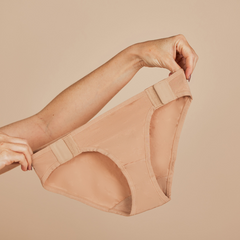
A lot of people wonder when or if they should go to couples therapy with their partner. I first like to commend people for even thinking about heading to a therapist.
Many people can feel too threatened to seek couples therapy or marriage counseling, as they feel it will mean their relationship is hanging on by a thread and they’re worried about admitting that to themselves or their partner. This avoidance runs the risk of a self-fulfilling prophecy and a relationship demise.
The truth is many couples who have solid relationships head to couples therapy to help get a third party perspective and learn skills that will help their relationship continue to flourish or get through a rough patch.
Here are some good reasons to go to couples therapy:
- You feel that like you've been trying to navigate your differences or disagreements, and you haven't really gotten anywhere
- You have tried problem solving and it was not successful
- You are trying to communicate and it results in arguments
- You don’t feel heard or validated
- You are avoiding trying, because it just feels too difficult to even start
- You do not know where to start
All of those reasons are good reasons to go to a couples therapist.
As a sex therapist, I also have a lot of people that seek out my services who just need help understanding themselves as a sexual person.
Ask yourself:
- What are the factors that facilitate your desire?
- What are the things that you do sexually that you enjoy?
If after really thinking about those two questions, it feels hard to list the answers, then it may also be beneficial to do some more research or go see a therapist to learn more about yourself. A book I recommend that’s amazing is “Come As You Are” by Emily Nagoski. It is about the science of female desire. If you have a difficult time answering the two questions above, this book could also be very helpful.



